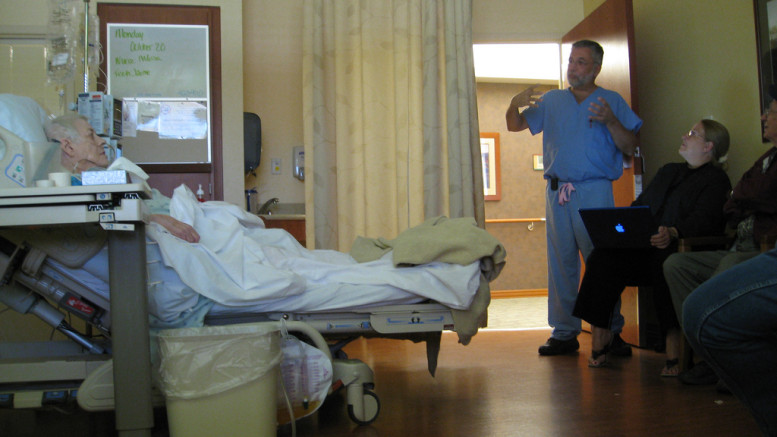The NHS has been in the spotlight for a number of years now, but the current state of the health service has many worried about what it might mean for the future. With the NHS waiting list breaching 7 million for the first time ever, patients waiting 8 hours for an ambulance and 12-hour waits for some to be admitted to A&E, it is clear that there are serious problems in the health service, and some will be wondering if this means that privatisation is on the horizon.
The State of the NHS
The NHS has been central to the UK and one of the major benefits of living in the UK since it was founded in 1948. It is a service that is still loved by many, but many years of underfunding and poor spending, difficulty in recruiting staff and an ageing population have all contributed to the current state that it is in. A recent study found that those in the UK now have the worst access to healthcare in all of Europe with millions unable to access the services that they need.
What are People Doing to Get by?
So, what are people doing when they are struggling to get a doctor’s appointment, being stuck on waiting lists for over a year and unable to access the services that they need? For those that are in a position to do so, many are seeking out private care as a way to avoid lengthy waits for NHS treatment. There are also many that will look to travel overseas for treatment as a way to get the treatment that they need. Of course, money is key here and not everyone is in a position to be able to afford private healthcare or to travel abroad. In these situations, you could use an equity release mortgage to free up money tied up in your house that could then help you to get the care that you need.
Outlook for the NHS
Understandably, many people are concerned about the state of the NHS and what this means for the future. The NHS has been gradually privatising for a long time now with private services being introduced as far back as the 80s. This privatisation has expanded in recent years, but the NHS is unlikely to ever become fully privatised as it is too much of a political issue and any party attempting to privatise would suffer with free healthcare being such a sacred service for millions in the UK.
The current state of the NHS is a real cause for concern and alarm bells are ringing with many turning to alternatives to receive treatment. As such a sacred service, it is clear that fixing the NHS needs to be a priority in the years to come.
